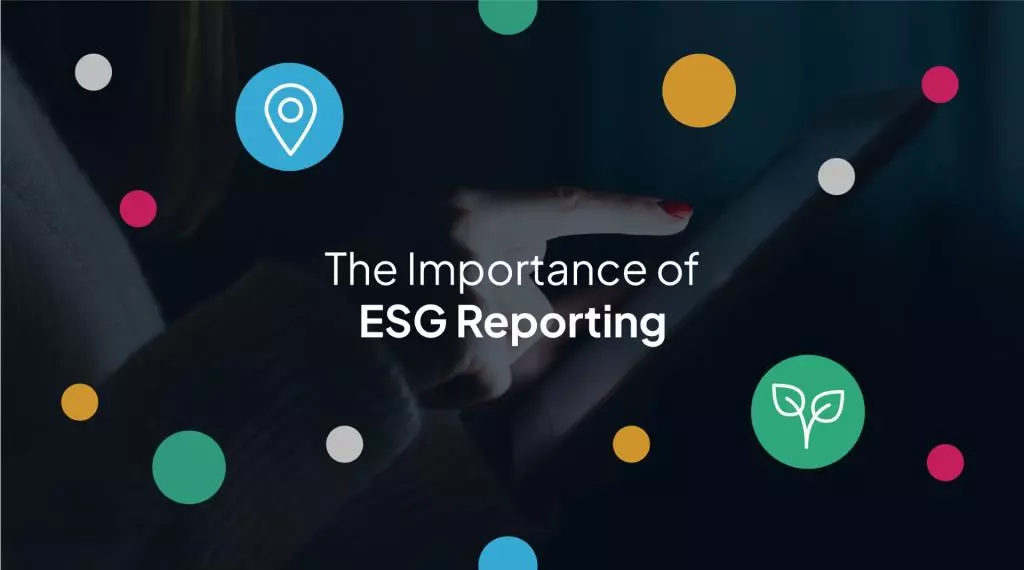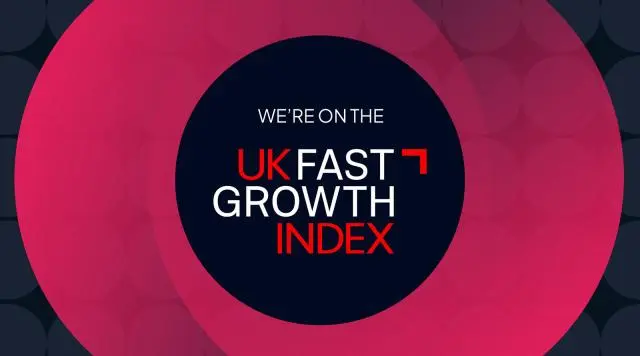Why Is ESG Reporting Important?
Wed, May 22, 2024- by Paul Saxton
- 3.5 minute read

With the introduction of new ESG regulation in the EU and beyond, ESG reporting has never come under such a critical eye.
But creating reports is about more than conforming with regulatory requirements, especially for businesses that want to position themselves as sustainable, high-value, trustworthy organisations and achieve the increased performance that comes with these labels.
In this article, we’ll look at four reasons why accurate and in-depth ESG reporting is important beyond regulatory requirements. You’ll learn why companies invest so heavily in tools that help them get their ESG data in order and how you can benefit from doing the same.
What is ESG reporting?
ESG reporting is the process of creating a report on your business’s environmental, social, and governance data.
These reports are a way for organisations to disclose their ESG policies and performances to various stakeholders, including regulatory bodies, investors, suppliers and employees. Customers and suppliers, for example, look to ESG reports to understand whether they support companies that align with their values. Investors, on the other hand, look to them when assessing the value of companies now and in the future.
Is ESG reporting mandatory?
Yes, most businesses will be required to complete some level of ESG reporting, especially if you are classed as a large organisation.
For a number of years, large UK Companies have been subject to Streamlined Energy and Carbon Reporting, which requires disclosure of energy use. Additional reporting, such as UK Supplier Payment Practice Reporting, is required twice a year, which increases demands on already busy reporting teams.
The Corporate Sustainability Reporting Directive (CSRD), which came into effect in 2024, has made reporting a requirement for a wide range of businesses (and all listed companies) operating in the European Union — even if they have headquarters elsewhere. Similar regulations are also being considered or implemented in the UK, Switzerland, Canada, New Zealand, and Malaysia.
Some U.S. businesses will also be required to carry out ESG reporting under the Climate Corporate Data Accountability Act, which will come into effect in 2026 and requires all organisations that do business in California with revenues above $1 billion to disclose Scope 1 and Scope 2 emissions.
Companies reporting under the International Financial Reporting Standards (IFRS) have recently seen S1 and S2 issued. The standards, which create a common language for disclosing a company’s sustainability-related risks and opportunities, require companies to make disclosures for annual reporting periods beginning on or after 1 January 2024.
Even if this legislation doesn’t directly impact your business, enhanced reporting transparency through voluntary adoption is also possible.
4 benefits of publishing in-depth ESG reports
Beyond your mandatory responsibilities, there are plenty of other reasons you should commit to creating accurate, in-depth and insightful ESG reports.
Improved transparency
ESG reports help businesses increase their ESG transparency beyond regulatory requirements and demonstrate their commitment to sustainable and ethical business practices. Public reporting in this manner is a great way to show your values to customers, partners and stakeholders and build trust with each demographic.
Better risk management
ESG reporting plays an important role in helping organisations to manage ESG-related risks and make informed decisions to solve issues. Accurate reports should make it easy for ESG teams to highlight and proactively address potential issues. This is no small thing, given the significant impact of climate issues and poor social practices on a company’s reputation.
Increased ESG performance
Robust ESG reporting practices encourage companies to focus on ESG factors. This is important because research shows that companies prioritising these factors outperform their peers in the long run and are better positioned to access capital, attract new business and retain customers and employees.
Meet stakeholder demands and attract investment
ESG reporting is an essential tool for any business that wants to acquire funding or keep stakeholders and shareholders on side. In fact, a survey by PwC finds that 79% of investors believe ESG reporting is an important factor in their decisions.
These investors are increasingly interested in the ESG performance of their businesses. ESG reporting isn’t just a way to meet the expectations of stakeholders, but also to gain their trust and attract new investment in the future.
Automate your ESG reporting with 5Y
Automation offers a way for businesses to achieve all the above benefits and more.
By automating the process of data collection, transformation and management, companies can create more accurate ESG reports while also reducing the knowledge dependency on the key employees who manually handle the process. This will also free up time for finance and ESG leads to focus on value-add activities other than reporting.
That’s where 5Y’s Unified Data Platform comes in. Coupled with the expert advice of our ESG consultants. We help businesses make sense of their ESG data and streamline the process of turning thousands of data points into clear, reliable and actionable reports through a powerful automated solution.
Start your journey to easier and actionable ESG reporting with the 5Y Unified Platform. Contact us or request a demo today.

 Saudi Arabia
Saudi Arabia




